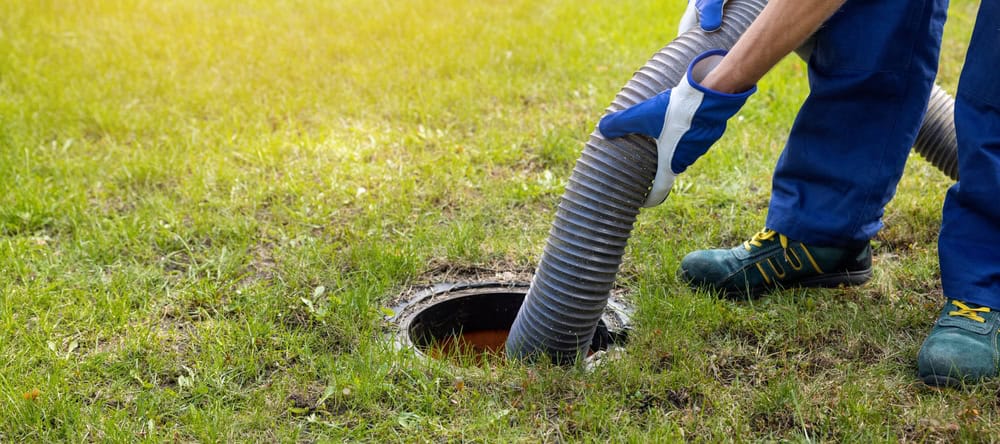
Hear from Our Customers
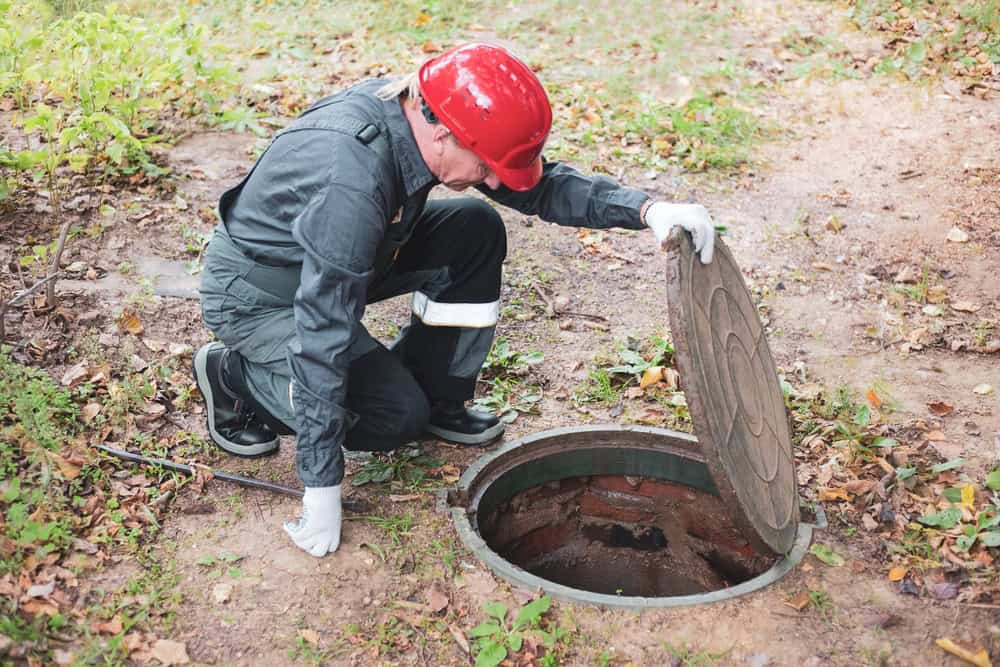
When your septic system runs properly, you forget it exists. No emergency backups ruining your weekend. No mysterious odors embarrassing you in front of neighbors. No frantic searches for someone who actually answers their phone.
That’s what regular septic tank cleaning delivers in Seaford. Your drains flow freely every single day. Your system handles whatever your household throws at it. Your property stays clean and pleasant for your family and guests.
Most homeowners learn this lesson the hard way – after their first sewage backup. Skip that experience entirely.
At Quality Cesspool, we understand exactly what septic systems need to thrive in Seaford’s unique conditions. We’ve seen the old cesspools from the 1960s and the modern systems in newer developments. Each one tells a story about Long Island soil, seasonal water tables, and decades of use.
This isn’t knowledge you pick up from a manual. It comes from years of working in Nassau County, understanding how systems age here, and knowing which problems are worth fixing versus which ones signal it’s time for replacement.
You’re not just hiring septic pumping. You’re getting local expertise that prevents problems before they start and honest advice when issues do arise.
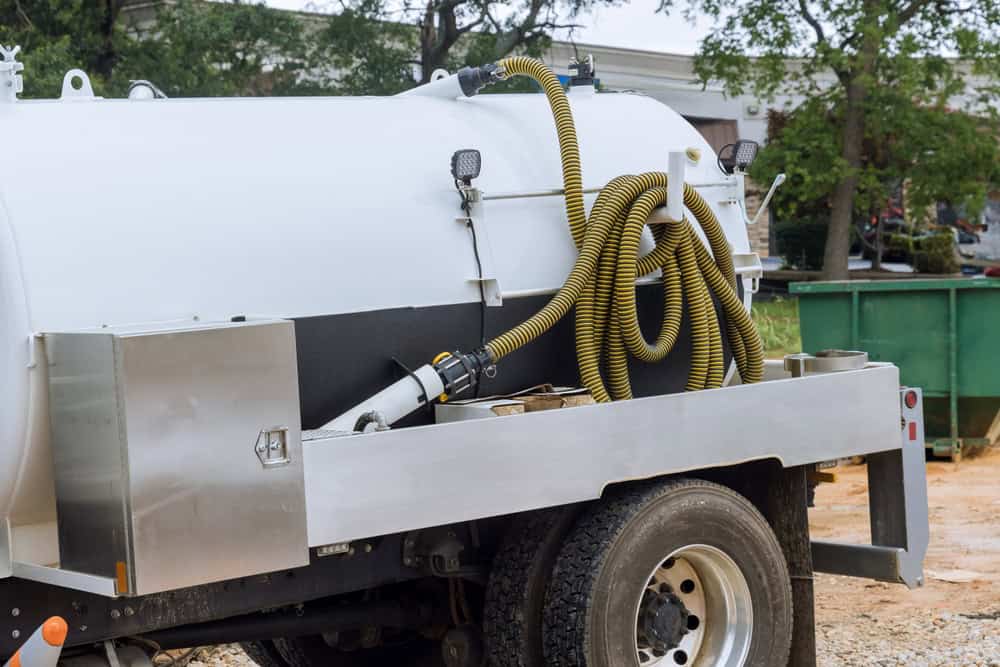
First, we locate your septic tank. Sounds simple, but many Seaford properties have incomplete records or systems that aren’t where the original plans show them. Our experience with local properties means we find them efficiently.
Next comes the actual cleaning. We pump out all accumulated waste – not just the liquid layer, but the sludge and scum that build up over years. This takes 1-2 hours depending on your tank size and how long it’s been since your last service.
While we work, we inspect your system for damage or wear. If something needs attention, you’ll get a clear explanation and realistic options. No pressure, no surprise upsells. After we finish, your property looks exactly like it did when we arrived, just with a properly functioning septic system.
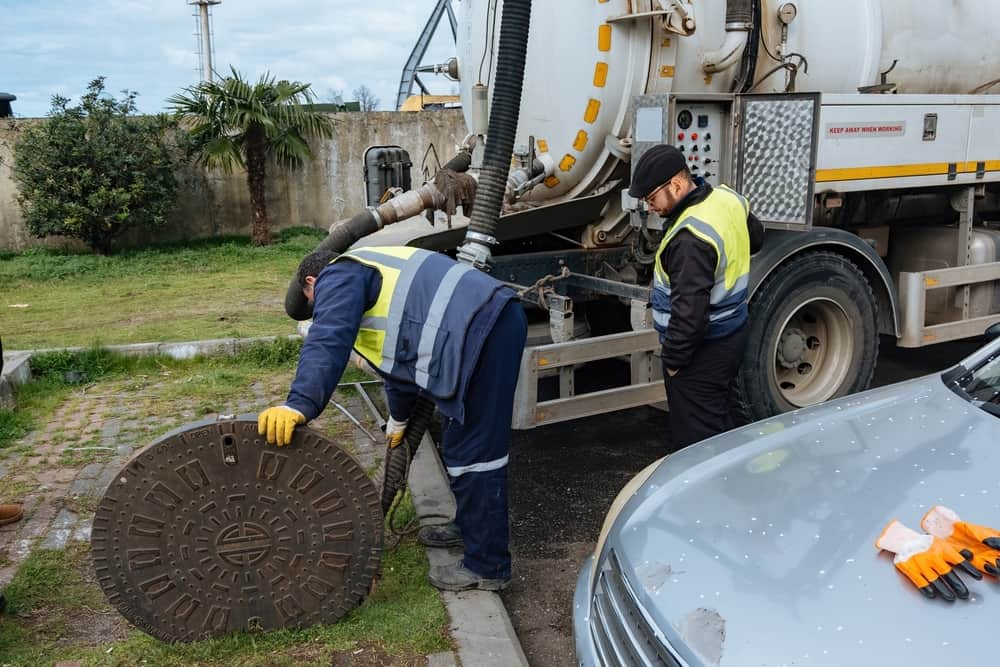
Ready to get started?
Our septic tank cleaning includes complete waste removal, thorough system inspection, and detailed service documentation. You also get honest assessment of your system’s condition and realistic timeline for future maintenance.
Nassau County has specific requirements for septic systems, especially when you’re selling your home. Many Seaford properties still use older cesspool systems that may need upgrading to meet current environmental standards. We stay current with all local regulations and can guide you through any required changes.
Long Island’s sandy soil and fluctuating water table create unique challenges for septic systems. What works in other parts of New York doesn’t necessarily work here. Our local experience means we understand these factors and how they specifically affect your Seaford property.
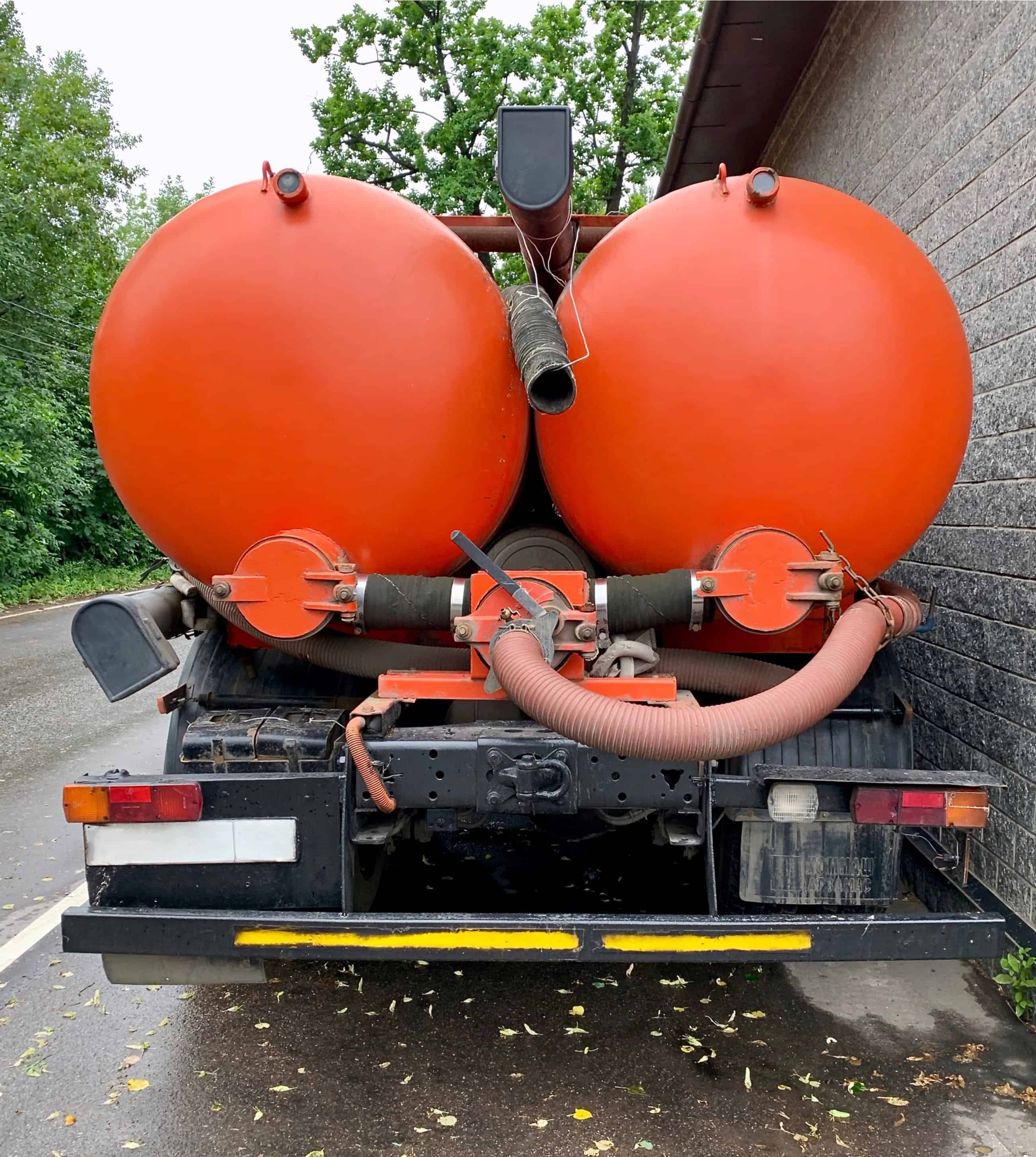
Most Seaford homes need septic pumping every 3-5 years, but your specific timeline depends on household size, tank capacity, and water usage. A family of four with a 1,000-gallon tank typically needs service every 3-4 years.
Larger families, homes with garbage disposals, or properties with older, smaller tanks may need more frequent cleaning. The EPA recommends professional inspection every 3 years regardless of pumping schedule to catch problems early.
If you’re unsure about your system’s service history, start with an evaluation. Waiting too long between cleanings can cause system failure and turn a $300 maintenance job into a $15,000 replacement project.
Sewage backing up into your home is an obvious emergency, but other signs are more subtle. Persistent bad odors around your property, unusually green grass over your drain field, or slow drainage throughout your house all indicate problems.
Don’t ignore gurgling sounds from drains, standing water where it shouldn’t be, or fixtures that drain slowly even after you’ve tried clearing them. These symptoms rarely resolve themselves and typically get worse quickly.
In Seaford, you might notice problems during heavy rains or spring thaw when water tables rise. If your system struggles during wet periods, it may indicate capacity issues or damage that needs professional attention before complete failure occurs.
Nassau County requires permits for most septic system modifications, including new installations, major repairs, and system replacements. Routine pumping and basic maintenance don’t need permits, but any structural changes do.
The county has become increasingly strict about septic regulations due to environmental concerns about nitrogen pollution in local waterways. However, qualifying homeowners may be eligible for up to $20,000 in grant funding to help cover upgrade costs.
We handle all permit applications and ensure work meets current county standards. This protects you from compliance issues and ensures your system will pass any required inspections if you decide to sell your property.
Skip the additives. Your septic tank already contains the bacteria it needs to break down waste naturally. Products like Rid-X and enzyme treatments rarely provide any real benefit and sometimes cause problems.
Some additives disrupt your system’s natural bacterial balance or break down solids too quickly, which can clog your drain field. Others simply don’t work at all despite marketing claims.
Focus on proven maintenance instead: pump regularly, conserve water, avoid flushing non-biodegradable items, and limit garbage disposal use. These practices are more effective than any additive and won’t risk damaging your system.
System failure. When tanks aren’t pumped regularly, accumulated solids overflow into your drain field, clogging the soil and preventing proper waste treatment. Once your drain field fails, you’re facing major expense and disruption.
Complete system replacement in Nassau County typically costs $15,000-$30,000 or more. You’ll also deal with sewage backups in your home, potential groundwater contamination, and possible health department violations.
Failed systems in Nassau County often trigger mandatory upgrades to expensive nitrogen-reducing technology. Regular maintenance every 3-5 years costs a fraction of system replacement and prevents these serious problems from developing.
Start with proper licensing and insurance – Nassau County requires septic contractors to be licensed and bonded. Check references and online reviews, but remember that the lowest price often leads to the highest total cost.
Look for companies with extensive Long Island experience. Local soil conditions, water tables, and regulations create unique challenges. A company that’s been serving Seaford and Nassau County for years understands these factors better than out-of-area contractors.
Ask specific questions: What equipment do they use? How do they handle cleanup? What’s included in their service price? Professional companies provide detailed service records, clean up completely, and explain your system’s condition clearly without pressuring you into unnecessary services.
Most Seaford homes need septic pumping every 3-5 years, but your specific timeline depends on household size, tank capacity, and water usage. A family of four with a 1,000-gallon tank typically needs service every 3-4 years.
Larger families, homes with garbage disposals, or properties with older, smaller tanks may need more frequent cleaning. The EPA recommends professional inspection every 3 years regardless of pumping schedule to catch problems early.
If you’re unsure about your system’s service history, start with an evaluation. Waiting too long between cleanings can cause system failure and turn a $300 maintenance job into a $15,000 replacement project.
Sewage backing up into your home is an obvious emergency, but other signs are more subtle. Persistent bad odors around your property, unusually green grass over your drain field, or slow drainage throughout your house all indicate problems.
Don’t ignore gurgling sounds from drains, standing water where it shouldn’t be, or fixtures that drain slowly even after you’ve tried clearing them. These symptoms rarely resolve themselves and typically get worse quickly.
In Seaford, you might notice problems during heavy rains or spring thaw when water tables rise. If your system struggles during wet periods, it may indicate capacity issues or damage that needs professional attention before complete failure occurs.
Nassau County requires permits for most septic system modifications, including new installations, major repairs, and system replacements. Routine pumping and basic maintenance don’t need permits, but any structural changes do.
The county has become increasingly strict about septic regulations due to environmental concerns about nitrogen pollution in local waterways. However, qualifying homeowners may be eligible for up to $20,000 in grant funding to help cover upgrade costs.
We handle all permit applications and ensure work meets current county standards. This protects you from compliance issues and ensures your system will pass any required inspections if you decide to sell your property.
Skip the additives. Your septic tank already contains the bacteria it needs to break down waste naturally. Products like Rid-X and enzyme treatments rarely provide any real benefit and sometimes cause problems.
Some additives disrupt your system’s natural bacterial balance or break down solids too quickly, which can clog your drain field. Others simply don’t work at all despite marketing claims.
Focus on proven maintenance instead: pump regularly, conserve water, avoid flushing non-biodegradable items, and limit garbage disposal use. These practices are more effective than any additive and won’t risk damaging your system.
System failure. When tanks aren’t pumped regularly, accumulated solids overflow into your drain field, clogging the soil and preventing proper waste treatment. Once your drain field fails, you’re facing major expense and disruption.
Complete system replacement in Nassau County typically costs $15,000-$30,000 or more. You’ll also deal with sewage backups in your home, potential groundwater contamination, and possible health department violations.
Failed systems in Nassau County often trigger mandatory upgrades to expensive nitrogen-reducing technology. Regular maintenance every 3-5 years costs a fraction of system replacement and prevents these serious problems from developing.
Start with proper licensing and insurance – Nassau County requires septic contractors to be licensed and bonded. Check references and online reviews, but remember that the lowest price often leads to the highest total cost.
Look for companies with extensive Long Island experience. Local soil conditions, water tables, and regulations create unique challenges. A company that’s been serving Seaford and Nassau County for years understands these factors better than out-of-area contractors.
Ask specific questions: What equipment do they use? How do they handle cleanup? What’s included in their service price? Professional companies provide detailed service records, clean up completely, and explain your system’s condition clearly without pressuring you into unnecessary services.